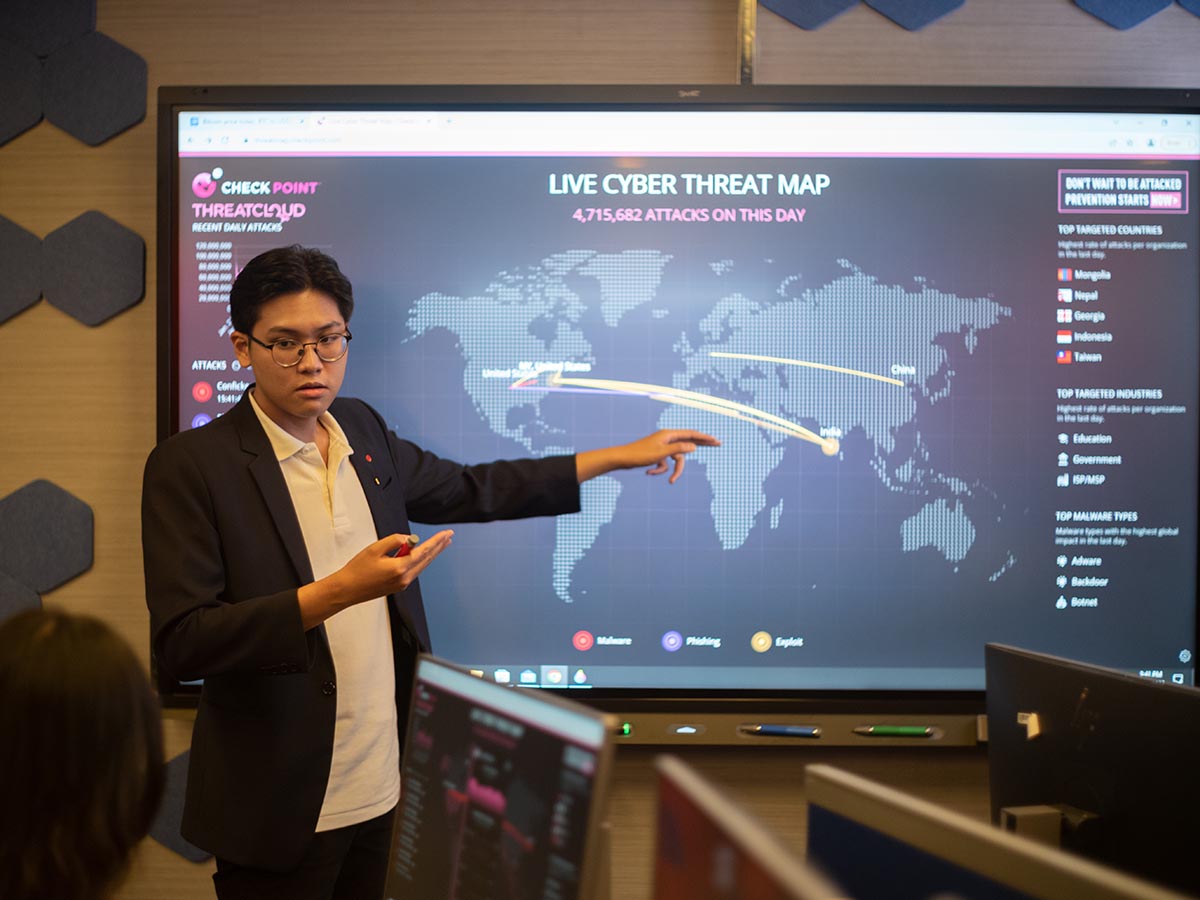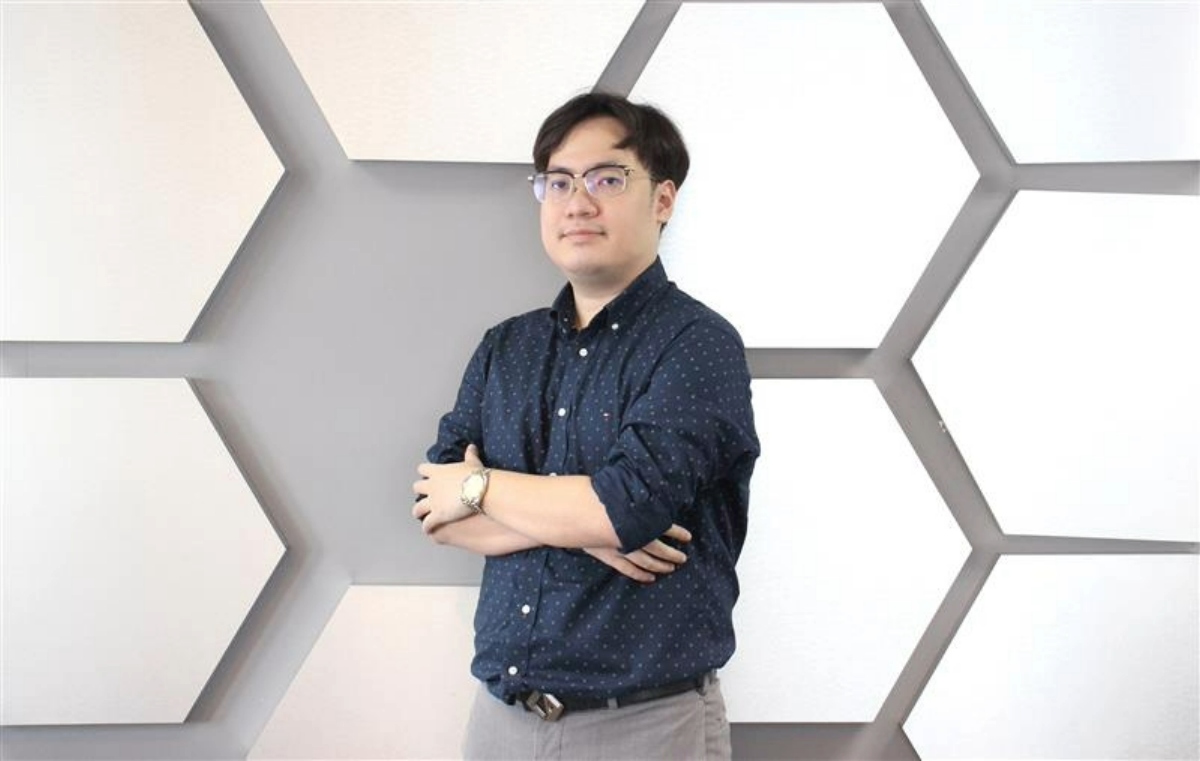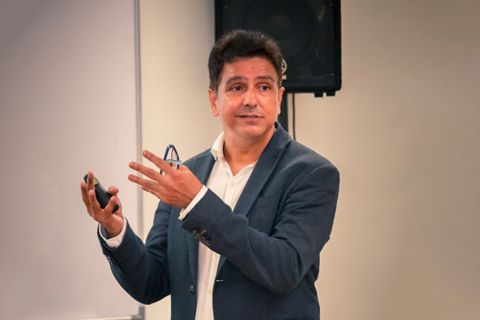How International Strategy and Innovation prepares you to lead across borders
An integral part of RMIT Vietnam’s Master of International Business program, our International Strategy and Innovation course gives students more than just frameworks. It challenges them to think like global decision-makers, exposing them to the realities of cross-border business with both clarity and context.
Nguyen Tung Lam: Pursuing an MBA is not just about gaining knowledge – it’s my way of preparing for bigger career challenges
Nguyen Tung Lam once put his MBA dream on hold due to the pandemic. Years later, with sharpened experience and bold ambitions, he returned to RMIT, ready to turn the MBA into a launchpad for greater career challenges ahead.
Teaching Strategy at Full Speed: Dr Manjit Sandhu’s No-Nonsense Approach to Global Business
Over the past three years at RMIT Vietnam, Dr Sandhu has turned his International Strategy and Innovation classroom into a proving ground where students are challenged to analyse real-world failures, pitch global expansion strategies, navigate the chaos of global business.
From Economics to Information Technology, from Vietnam to Australia: Tran Thuc Hi’s inspiring career shift journey
At 29, Tran Thuc Hi made a bold move: pursuing a cross-disciplinary master’s degree in a completely new country. From early challenges, she transformed herself and created a turning point in her career, becoming an IT professional ready to build a new future in Australia.





